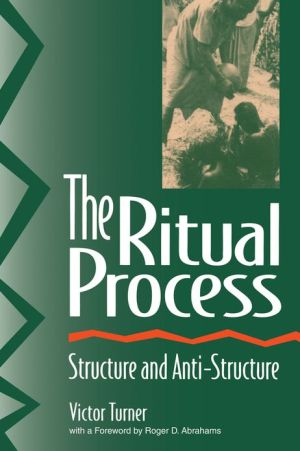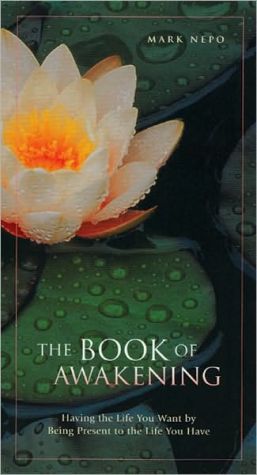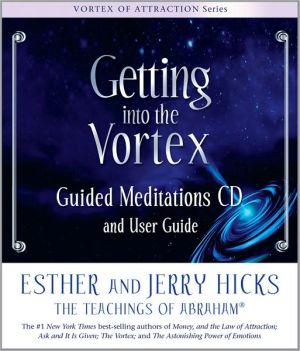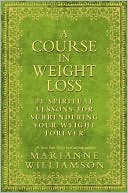Ritual Process: Structure and Anti-Structure
In The Ritual Process: Structure and Anti-Structure, Victor Turner examines rituals of the Ndembu in Zambia and develops his now-famous concept of "Communitas." He characterizes it as an absolute inter-human relation beyond any form of structure.\ The Ritual Process has acquired the status of a small classic since these lectures were first published in 1969. Turner demonstrates how the analysis of ritual behavior and symbolism may be used as a key to understanding social structure and...
Search in google:
Victor Turner here examines the rituals of the Ndembu in Zambia and develops his concept of “Communitas,” which he characterizes as an absolute inter-human relation beyond any form of structure. The Ritual Process has acquired the status of a small classic since first published in 1969. Turner demonstrates how the analysis of ritual behavior and symbolism may be used as a key to understanding social structure and processes. He extends Van Gennep's notion of the “liminal phase” of rites of passage to a more general level, and applies it to gain understanding of a wide range of social phenomena.
\ From the Publisher“Turner’s book is ingenious and erudite, rich in highly stimulating ideas beyond the ability of this review to exhibit… The reader will find this audacious attempt to explain so much well worth his witness.” —Theodore Schwartz, American Anthropologist “Professor Turner has written another important book. The general theoretical stimulus of its second half will probably be its greatest attraction. Certainly here is a significant contribution not merely to the ‘ritual process’ in the narrower sense, but to the understanding of a great deal of the total social process of interaction and interdependence.” —P. H. Gulliver, Bulletin of the School of Oriental and African Studies, University of London “This genial elaboration of his Henry Morgan Lectures delivered at Rochester University in 1966 suggests that Victor Turner is as much at home in the richly symbolic world of the contemporary American scene as he is in that of the Ndembu on which he has written so extensively.” —I. M. Lewis, Social Anthropology “‘I see in the study of rituals the key to an understanding of the essential constitution of human societies’. Professor Turner is a leading exponent of this view of Monica Wilson… [W]ell-illustrated book.” —F. B. Welbourn, Journal of Religion in Africa “The ability to create highly complex and flexible symbolic systems distinguishes human behavior from that of other species… Considering Turner’s convincing analysis of the source of religious rites in universal human circumstance, the wonder is not that people continue to create symbolic ritual systems, but that these systems go stale or become perverted, and that people lose belief, often with anxiety, but also with a sense of liberation.” —Charles Leslie, Science “The Ritual Process begins with an examination of women’s rituals among the Ndembu… [Turner’s] theories are enlivened.” —Anthony Graham-White, Educational Theatre Journal “These two books of essays by one of the leading students of ritual and symbolism have both a personal and a general interest. Personal in that they illustrate the course and movement of Turner’s thought over… ten years and reflect on the world seen more and more in terms of what he calls ‘communitas’ and non-structural states of being; general in so far as they illustrate wider problems in an anthropology less certain now perhaps than ever before of its degree of inner cohesion, of the nature of its field of inquiry, of the particularity and identity of its methods and theories.” —Michael Gilsenan,RAIN (on Turner’s books The Ritual Process and Dramas, Fields, and Metaphors) “[A] significant contribution to the newly renascent anthropological concern with ritual… Turner’s examination of the semantics of ritual symbols with the help of the native “exegete” should be of special interest to folklorists.” — Peter M. Gardner, The Journal of American Folklore\ \








